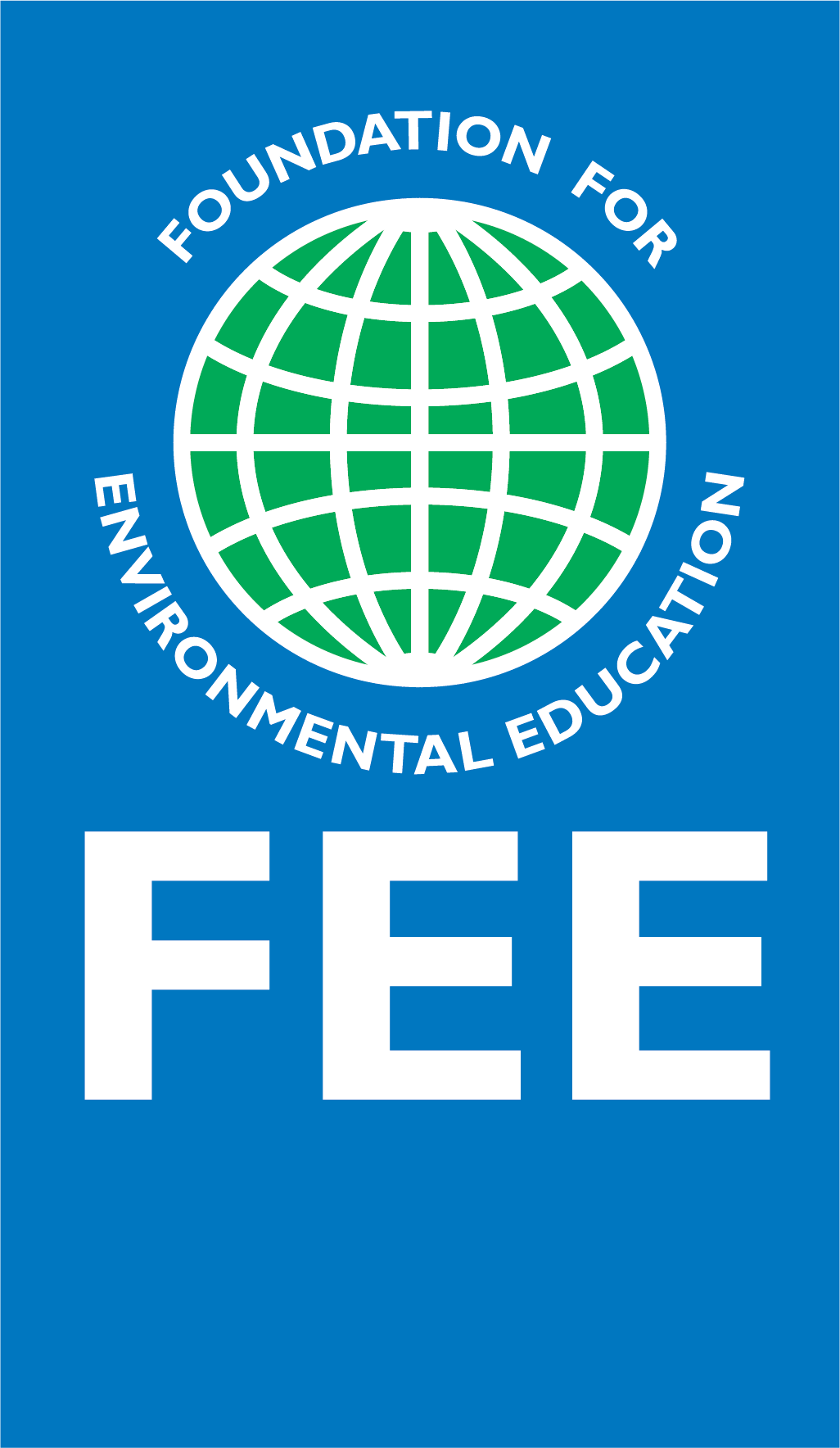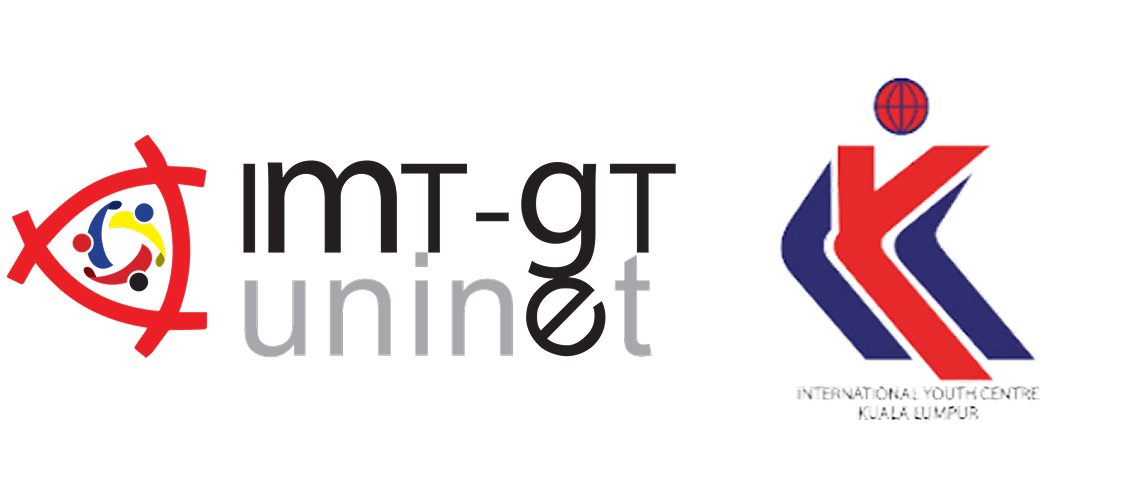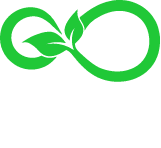About the conference
About
The Green Growth Asia Foundation (GGAF), in collaboration with the IMT-GT UNINET, and the Foundation for Environmental Education (FEE), is honoured to host the Eco-Campus International Conference 2025
| Date | Location | Venue |
|---|---|---|
| 18-20 September 2025 | Kuala Lumpur, Malaysia | Pusat Belia Antarabangsa (International Youth Centre) |

Eco-Campus International Conference 2025 & GGAF 10th anniversary
The Eco-Campus programme
Objectives
- Develop Actionable Sustainability Strategies
- Enable HEIs to develop and implement scalable sustainability strategies aligned with the Eco-Campus framework and the objectives of GEP.
- Foster Multi-Sector Collaboration
- Initiate and strengthen partnerships between educators, HEIs, policymakers, private sector stakeholders, and community organizations to co-develop and implement sustainable projects. This collaboration will focus on leveraging complementary expertise and resources to address real-world sustainability challenges and ESD integration at all levels of education.
- Bridge Academia, Industry, Policy and Practical Application
- Ensure effective knowledge transfer by facilitating discussions between academic researchers, policymakers, educators, and industry practitioners. This dialogue will focus on translating sustainability-focused research into actionable policy recommendations, shaping education systems, refining business practices, and driving community-driven solutions.
- Showcase Best Practices and Provide Practical Solutions
- Highlight successful strategies, projects, and initiatives that demonstrate the implementation of the Eco-Campus framework in campus operations, governance, and community engagement. Equip participants with tailored tools, frameworks, and resources inspired by these examples to enable measurable and long-term impact at their institutions.
- Empower Youth and Educators
- Strengthen the leadership capacity of youth by showcasing and supporting student-led sustainability initiatives, while equipping educators with tools and frameworks to nurture sustainability competencies in students.
- Promote Green Career Pathways
- Foster synergies between K-12, higher education, and professional training to contribute to a cohesive educational framework that equips learners with skills for green jobs and sustainability-focused careers.

Conference Theme
Among the key insights coming out of the 1st International Conference of FEE EcoCampus was the importance of a holistic, multi-disciplinary and integrated ‘Whole Institution Approach’ to sustainability and climate education which engages stakeholders involved in all aspects of HEIs including facilities and operations, curricula, teaching and learning practices, and governance. The diverse presentations also highlighted the importance of engagement and collaboration with stakeholders outside academia to ground learning and research in real-world sustainability challenges, influencing industry, and preparing students for green careers.
The Greening Education Partnership (GEP) proposes to harness the critical role of education in “whole-system approach”. This approach extends this impact by integrating higher education into broader cross-sector collaborations that drive sustainability across all levels of education, policy, and society. Higher education institutions play a pivotal role by advancing sustainability research, preparing educators, shaping policy, and developing the workforce for green economies.
Our conference theme “Transforming Higher Education for Climate Action: A Whole-System Approach” builds upon the progress of the first Eco-Campus conference by presenting the activities, roles and future potential of HEIs in bridging academic knowledge and practical solutions. It aims to advocate for and explore strategies, and multi-disciplinary and multi-stakeholder collaborations in HEIs, building collective understanding of how educational strategies, research initiatives, and operational policies can work in harmony to address global challenges and foster sustainable innovation across sectors and all levels of education.
Expected Outcome
- Development of Actionable Strategies
- Establish a set of 3-4 key, concrete, scalable and measurable strategies to implement the Eco-Campus framework and align institutional sustainability goals with the Greening Education Partnership (GEP). These strategies will include ensuring practical steps for campus operations, governance, and student-led initiatives, ensuring immediate and impactful application.
- Strengthened Multi-Sector Collaboration Networks
- Foster or strengthen partnerships among at least 50 institutions, including colleges and universities, Eco-Schools, NGOs, government bodies, and private sector stakeholders, to promote a collective and cross-sectoral approaches to sustainability and climate action.
- Knowledge Transfer and Bridging Academia with Practice
- Ensure that sustainability-focused research and best practices are translated into policies, industry practices, and institutional frameworks by facilitating structured dialogue between academia, policymakers, and practitioners.
- Capacity Building
- Empower 20 participating institutions with tailored tools, frameworks, knowledge, and skills to implement impactful sustainability initiatives aligned with the Eco-Campus framework. This effort will focus on practical application within institutions while leveraging multi-sector partnerships to deliver specialized expertise in green jobs and vocational education.
- Youth Leadership and Educator Empowerment
- Strengthen leadership among youth and educators by showcasing student-driven sustainability initiatives and integrating these efforts into institutional planning and decision-making processes.
- Showcasing Best Practices / Integration of Traditional Knowledge
- Highlight innovative, the value of indigenous and traditional ecological knowledge, successful case studies of Eco-Campus implementation in campus operations and governance.
- Comprehensive Knowledge Dissemination
- Publish a high-impact conference proceedings report and magazine summarizing key findings, best practices, and actionable recommendations, with pathways for future publications and indexing.
Organisers

Green Growth Asia Foundation
(GGAF)
GGAF is a leading organization driving sustainability and environmental education across Asia, with a strong focus on empowering youth and communities.

Foundation for Environmental Education (FEE)
FEE promotes sustainable development through environmental education programs, empowering individuals and communities globally to take climate action.

IMT GT UNINET
International Youth Centre
IMT-GT UNINET fosters academic collaboration and research exchange among universities in Indonesia, Malaysia, and Thailand for regional development.
The International Youth Centre promotes global youth development through educational programs, cultural exchange, and fostering international collaboration among young people.


